On Oct. 10, the University of North Alabama’s Girls Who Code organization hosted a STEM-inist panel, which gave young women in technology-based fields insight into their future careers.
Morgan Etheredge, the founder of UNA’s Girls Who Code organization, serves as the group’s advisor. As one of only a few female faculty members in the computer science program and a previous computer science student herself, Etheredge knows the struggles of being a woman in a male-dominated field. Through Girls Who Code, she seeks to offer a safe space for young women who are currently in the program of study.
“These girls suffer from imposter syndrome because they’re hardly ever in a room full of females, and they feel like they are less than because they might not have grown up playing with computers like the boys have,” said Etheredge. “As it turns out, that’s not a prerequisite to being an amazing computer scientist.”
As a way to alleviate some of their self-doubts and to show her students that there are many successful women in computer science, Etheredge organized UNA’s first ever STEM-inist Panel.
On the panel were seven female alumni of UNA, almost all having graduated from the computer science program. The women were employees for several prominent businesses in the Huntsville area, such as NASA, Booz Allen Hamilton, KBR, Deloitte, Northrop Grumman and Hexagon.
“To see such a wide range of jobs across panelists was amazing,” Etheredge said. “I tell my students that computing is amazing because there are so many different things you can do, and hopefully, that shows them why we make them take such a broad range of courses.”
The discussion was facilitated by Etheredge, who began with a list of questions, and from there, the audience was allowed to ask the panelists anything left unanswered. Throughout the panel, they each spoke of their time at UNA, their job search and their experience working in a male-dominated field, among other topics.
“It’s something that [my students] hear from me all the time when I give pep talks, but it was great to have a panel of women to re-enforce these ideas,” Etheredge said. “Everyone feels like they don’t fit in at times. Everyone gets frustrated and cries in this program. It’s part of it sometimes, and it doesn’t mean you can’t do it just because you have an off day. I think hearing these same struggles come out of the mouths of women who have done it makes a huge impact.”
The panelists addressed the topic of feeling dismissed in the workplace, which is common for women in computer science or other, similar fields. Panelist Hannah Hopkins, the SLS Flight Software Deputy Project Lead at NASA, emphasized the importance of speaking honestly and making one’s thoughts or opinions known, and other panelists seconded those statements.
“If you feel dismissed sometimes, you can’t let it silence you,” said Morgan Butler, a KBR industrial hygienist at NASA MSFC.“I just have to keep putting myself in the situations where people see me and hear me, because if you shrink to that, people may think that it’s okay to treat you that way.”
The panel also addressed imposter syndrome, which is prevalent in technology-based fields. They stressed the importance of not letting it keep one from persevering toward their goals.
“Don’t ever let anyone tell you that you cannot do it, because that is completely false,” said Taylor Moore, a Northrop Grumman software engineer. “I learned what imposter syndrome was very early in my career. It’s very real, and it’s a valid feeling for women and men alike. The more you learn, the less you’re going to know. You learn that there’s more out there, and tech just expands endlessly.”
To combat these feelings, Moore highlighted the importance of hard work and pushing through the feelings of discomfort that come with growth.
“Keep pressing on, because the reward is so, so high for hard work,” Moore said. “If you’re pushing yourself, and you feel uncomfortable, you’re growing. If you’re not feeling that discomfort or feeling like you’re having to push yourself or challenge yourself, you’re not going to grow. Don’t get complacent. Keep pushing on.”
Throughout the panel, each panelist sought to drive home a key point: not to place one’s self-worth in the product of their educational or occupational endeavors.
“It’s okay to have these feelings,” said Janet Jenkins, a faculty member in the computer science program at UNA. “It’s normal. I think, for women especially, we hold ourselves to such a high bar that we think if we’re not all the way, we’re nothing, but that’s totally inaccurate. Your worth is not in what you know or what you accomplish – it’s in who you are. You have worth as a person, and what you do on top of that is just extra.”
For students, getting to hear the experiences of women in their field was inspiring and encouraging, especially in the middle of a challenging program of study. Having mentors who have been through the same struggles can help students feel more confident in their major and career choices.
“Our mentorship program is a great opportunity for these students,” Etheredge said. “Many of the panelists are mentors to our students, and this program allows you to have a buddy or confidante to talk to as you prepare for your future. Since these STEM degrees can, at times, feel overwhelming, it’s great to have an ally. I’m so glad our girls got a chance to meet some of the mentors and see how it could help them as they prepare for the future.”


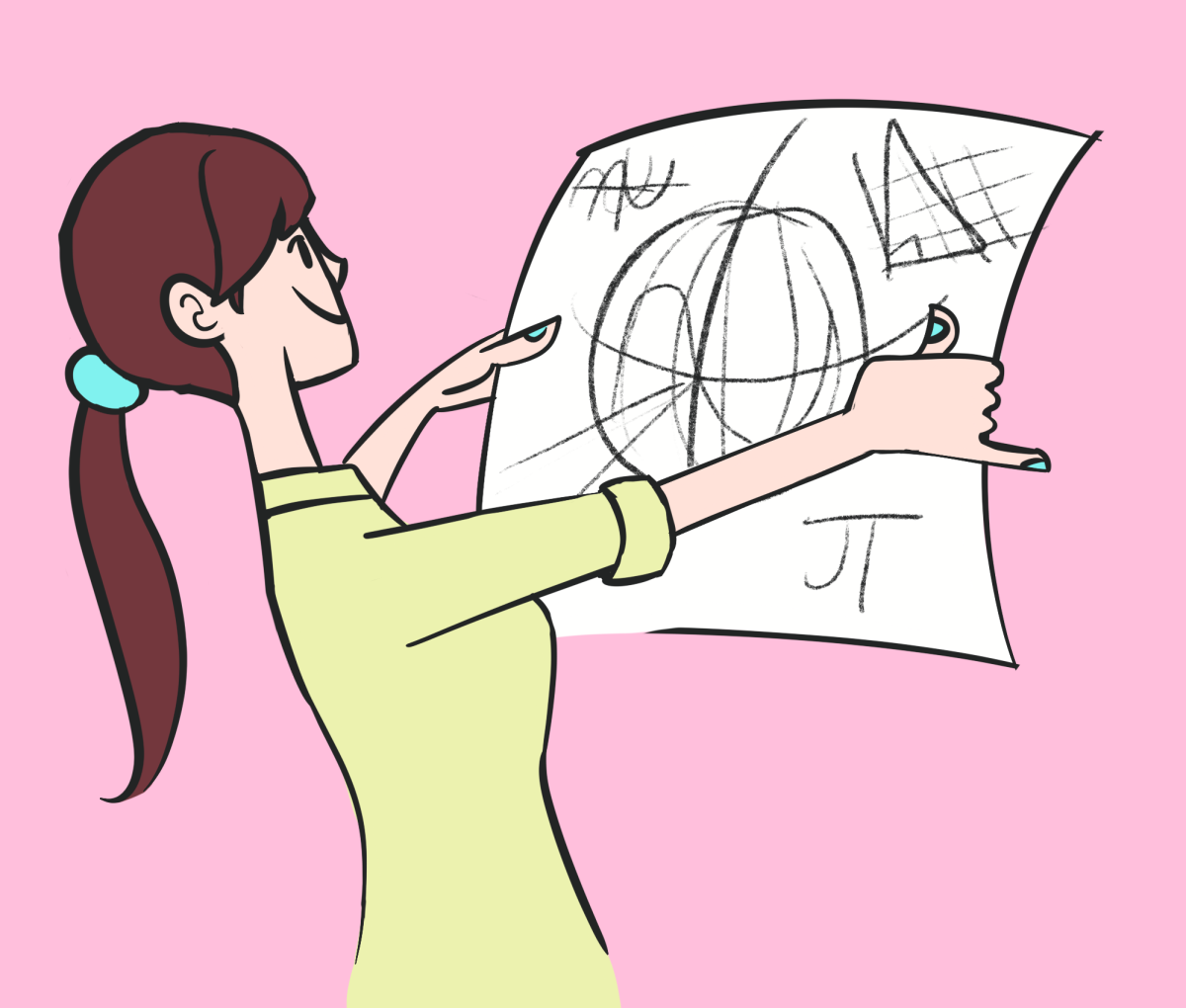
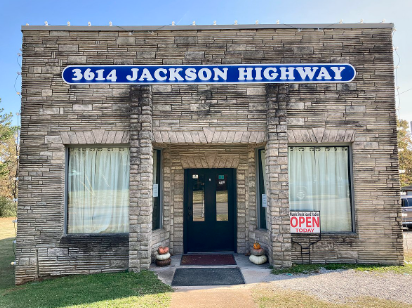
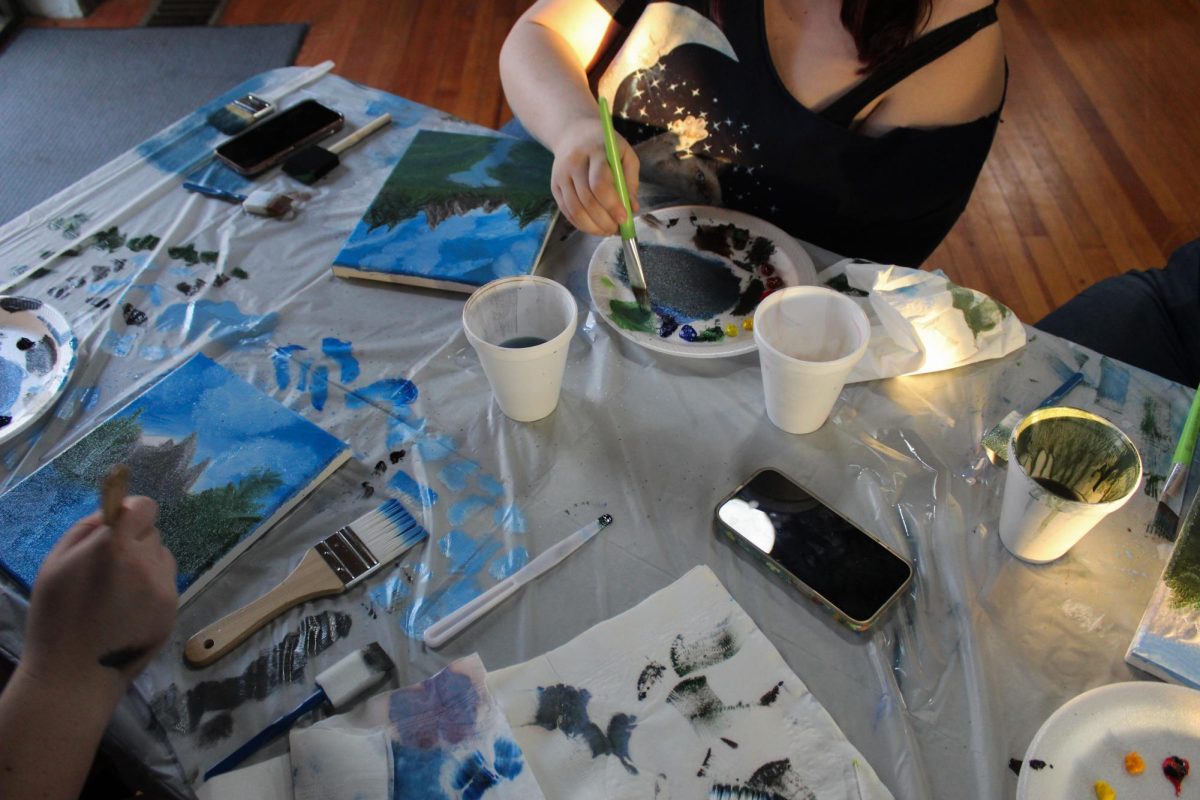


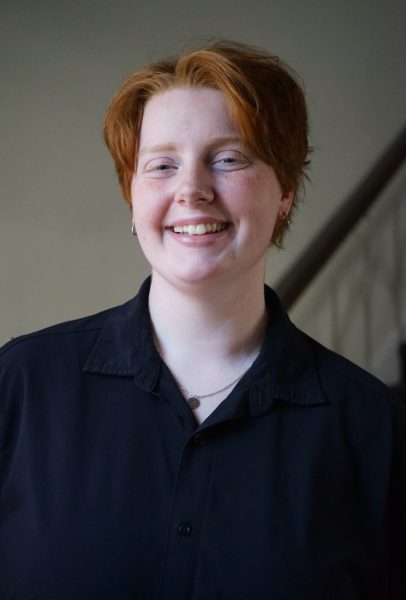
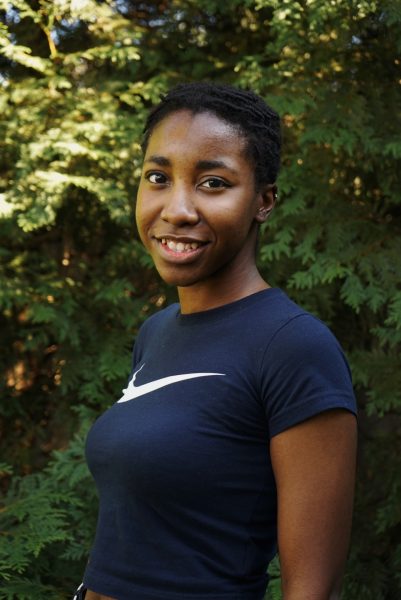
Shelia crum • Oct 19, 2023 at 6:33 pm
Awesome girls..so proud of them all..Taylor Moore great remarks of encouragement for these young ladies to follow their dreams.. Shelia crum Rn BSN from UNA…